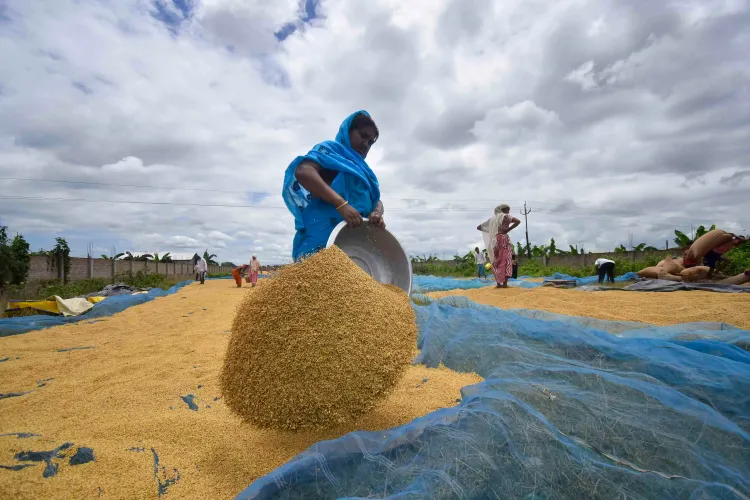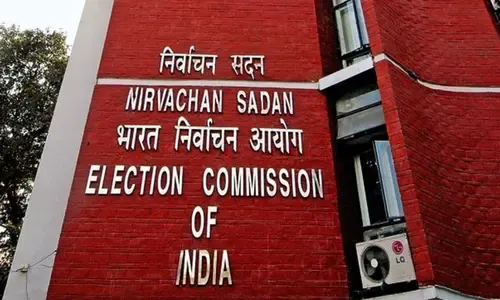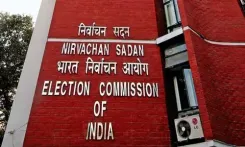Did ICAR Deny Bias in Evaluating Gene-Edited Rice Varieties?

Synopsis
Key Takeaways
- ICAR has refuted bias claims in evaluating gene-edited rice.
- Evaluation is based on scientific standards established since 1965.
- Over 1,200 breeding lines are assessed annually.
- The process has led to the release of more than 1,750 rice varieties.
- Pusa DST-1 and DRR Dhan 100 show superior yield in target environments.
New Delhi, Nov 26 (NationPress) The Indian Council of Agricultural Research (ICAR) on Wednesday dismissed claims of bias in the assessment of gene-edited rice varieties Pusa DST-1 and DRR Dhan 100 (Kamala).
The Coalition for a GM-Free India and other groups have raised concerns regarding potential bias in the evaluation process for Pusa DST-1 and DRR Dhan 100 during the All India Coordinated Research Project on Rice (AICRPR) trials for the years 2023 and 2024.
ICAR emphasized that the data analysis conducted by the Coalition is not only unscientific but also misleading. This assertion stems from the Coalition's approach of assessing the rice varieties on a national scale, which is fundamentally flawed, as no breeding line of rice is expected to perform uniformly across the entire country,” ICAR stated.
The organization clarified that annually, rice breeders nominate over 1,200 breeding lines or rice varieties through a blind-coding system, which are then sent to approximately 100 trial sites nationwide for independent field evaluation over a period of 2-3 years.
This procedure, established in 1965 and followed for both Pusa DST-1 and DRR Dhan 100, has led to the development and release of more than 1,750 rice varieties and hybrids.
ICAR noted that over 350 rice varieties currently cultivated across the nation, spanning an area of about 47 Mha, have undergone testing, evaluation, and validation under AICRPR and subsequently released via the Central Varietal Release Committee (CVRC, now known as the Central Sub-Committee on Crop Standards, Notification and Release of Varieties) and State Varietal Release Committees (SVRCs), and published in the Gazette of India.
DRR Dhan 100 (Kamala) and Pusa DST Rice 1, developed through gene editing, were trialed in specific Indian states identified as the Target Performance Environments (TPEs) for their parent varieties, MTU1010 and Samba Mahsuri (i.e., South Indian States located in Zone VII), according to ICAR.
Furthermore, it was highlighted that both gene-edited rice varieties, Pusa DST-1 and DRR Dhan 100 Kamala, exhibit superior yield and stress tolerance in these target performance environments.









